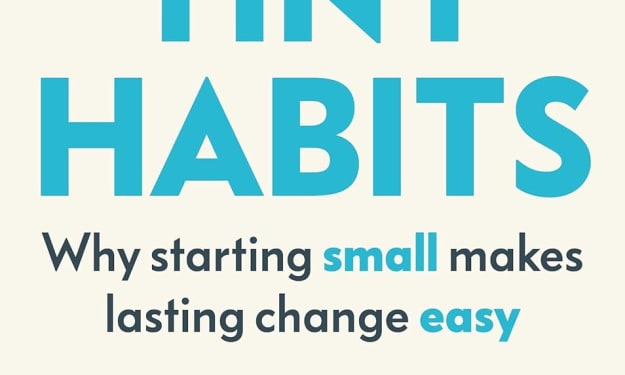When Does a Student Become YOUR Problem?
Strange Comments From Parents

When I was a first year teacher, I vowed to myself, that no matter how busy I was, I would always take the time to call parents and tell them something "good" their child has done and to call to share any problems I was having with a child. In one instance, I was totally taken by surprise by the response I received from a parent.
Perhaps it was because I, too, had a child in another school with behavior problems that I reacted the way I did. I heard frequently, if not daily, of the problems he had or the difficulties he had caused for a teacher. I calmly listened to the call or read the note and daily report sent home. I talked it over with my son and replied as to what measures I would take and, when available, any suggestions I had to correct his behavior or help him learn. I went to all the parent-teacher conferences, meetings, gatherings, Individual Education Plan meetings, board meetings and kept constant self contact with his teachers via phone or email. I wanted to help my son, and I wanted the teachers and school to help my son learn and grow. I loved my son, and I loved my students; and I wanted to help them learn as well.
I had one particular student who was hell bent at disrupting the class and made it an hourly hobby. He was smart, darn right clever, and kept coming up with new and unique ideas for causing chaos. I spoke to other teachers. They seemed to be experiencing the same thing and the same desperation. I discussed this student with the special education department, but they had no answers and said they were not able to reach the parents. When on before or after school duty, I stalked the child hoping to see the parents drop him off or pick him up. Nothing. The principal asked me to let the parents know that she, too, needed to speak to them. Notes sent home, apparently never made it.
I kept calling each and every school day and even weekends. One evening, a female voice answered the phone. I asked her if she was his mother. Her reply was quick and cold, "What has he done?" I explained who I was and complimented her uniquely clever son. I quickly added that I needed her help with certain disciplinary things, student performance and homework returns. She stopped me short and quipped, "He is in your classroom, HE IS YOUR PROBLEM NOW!" and she hung up. Click.
My mind whirled around dizzily. What would happen if I replied to my son's teachers' calls with that response?! I'm responsible for my son, AND I'm responsible for this woman's child's behavior??!! Wait, wait, something does not add up here.
I continued to extend contact to no avail. I had sat him off to the side, near my desk, to keep other children safe and from distraction. Personal items, including my expensive prescription reading glasses, disappeared from my desk during the hours he was in my class. My bad, for having left them there.
Eventually, he was expelled from the school for seriously hurting another child on the playground. I guess he moved and is someone else's problem now. How sad that a parent's responsibility for their child ends when the child enters grade school. How did I miss that? No one ever told me that my responsibility as a parent was over. My son is now in his thirties. He is an honor's graduate of UC-Berkeley. He is a teacher overseas in Bali, Indonesia and his second major is anthropology. I still worry about him and keep in touch with him often. I'm still waiting for someone to tell me he is no longer my responsibility.
I wonder where that student is?
About the Creator
Enjoyed the story? Support the Creator.
Subscribe for free to receive all their stories in your feed. You could also pledge your support or give them a one-off tip, letting them know you appreciate their work.





Comments
There are no comments for this story
Be the first to respond and start the conversation.